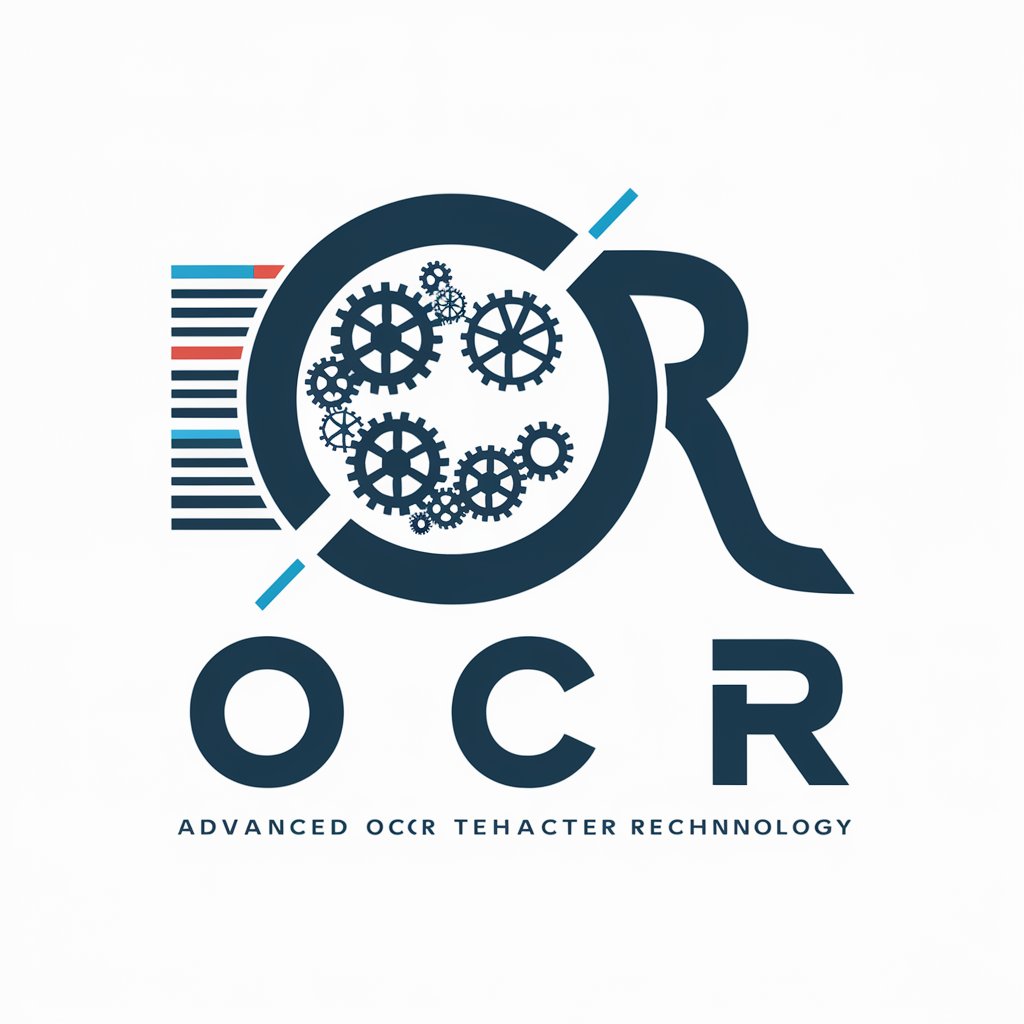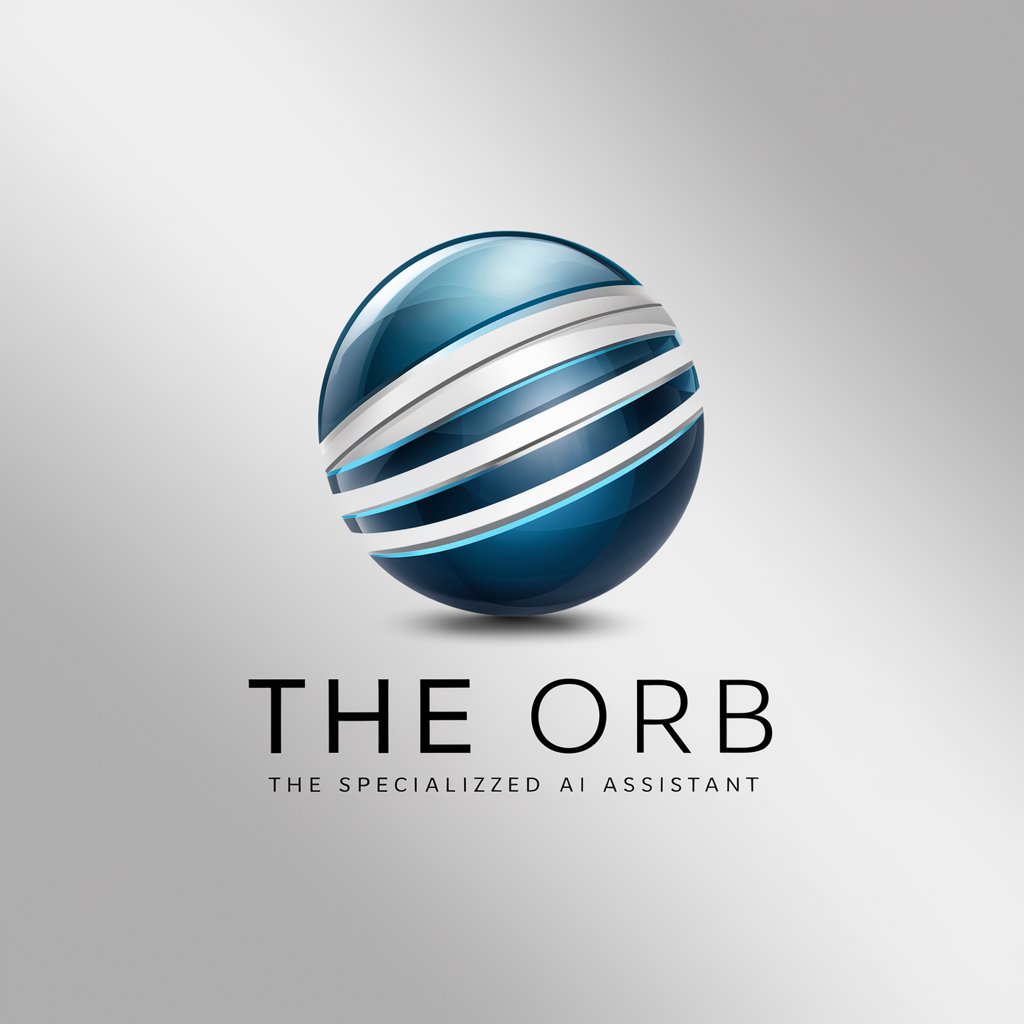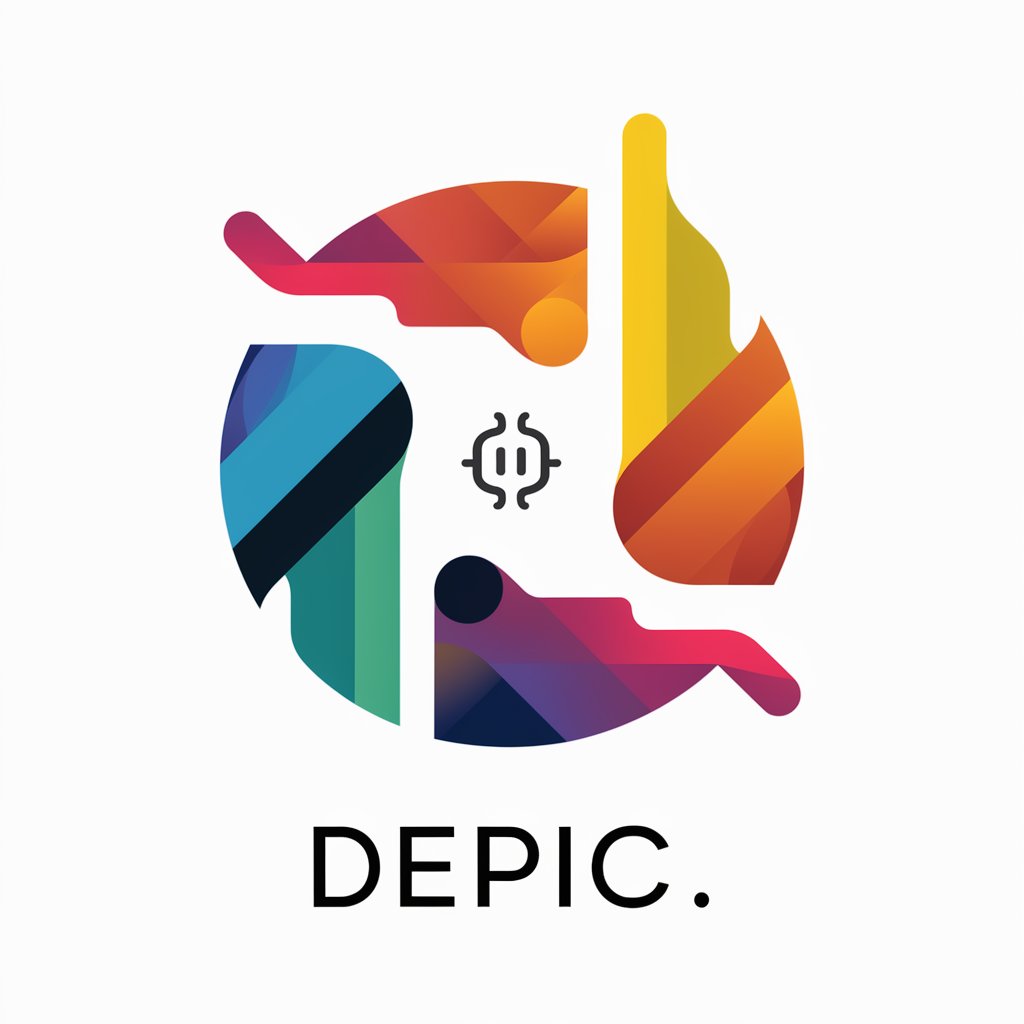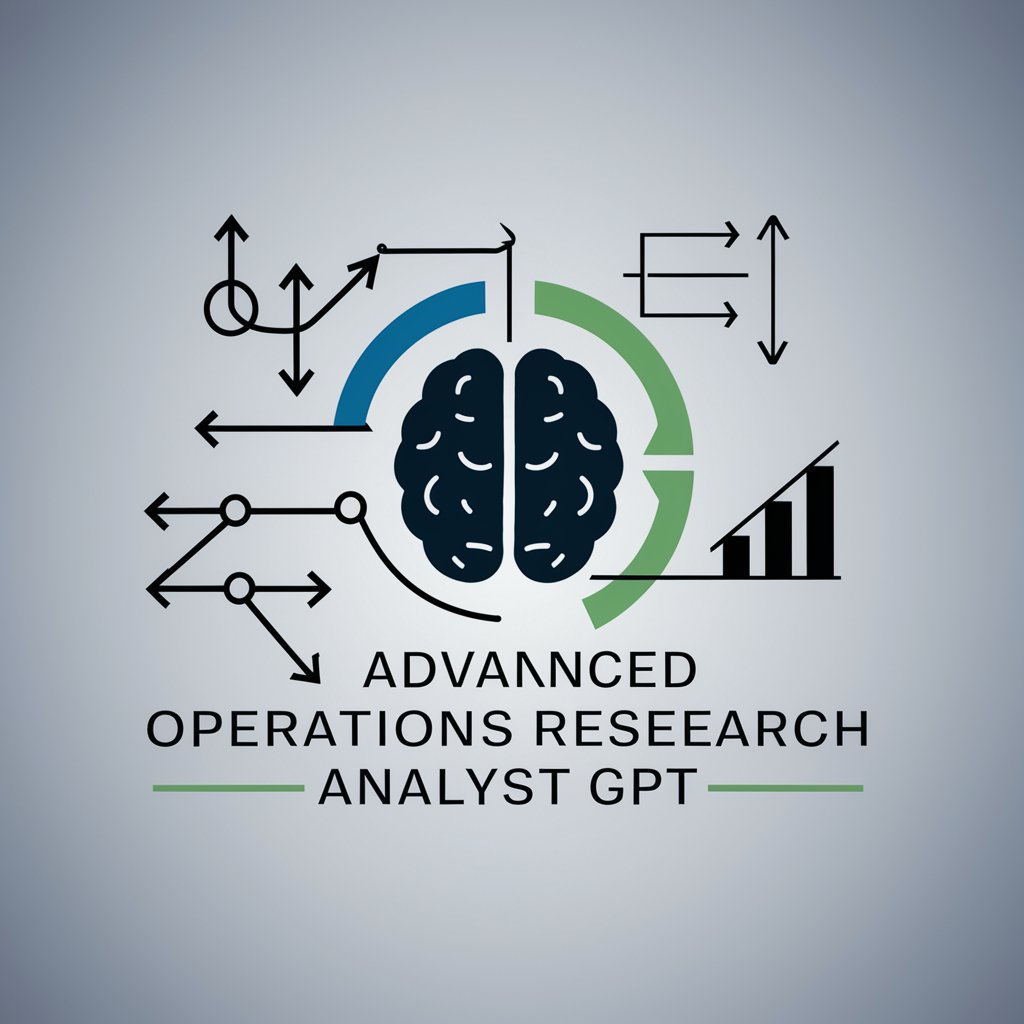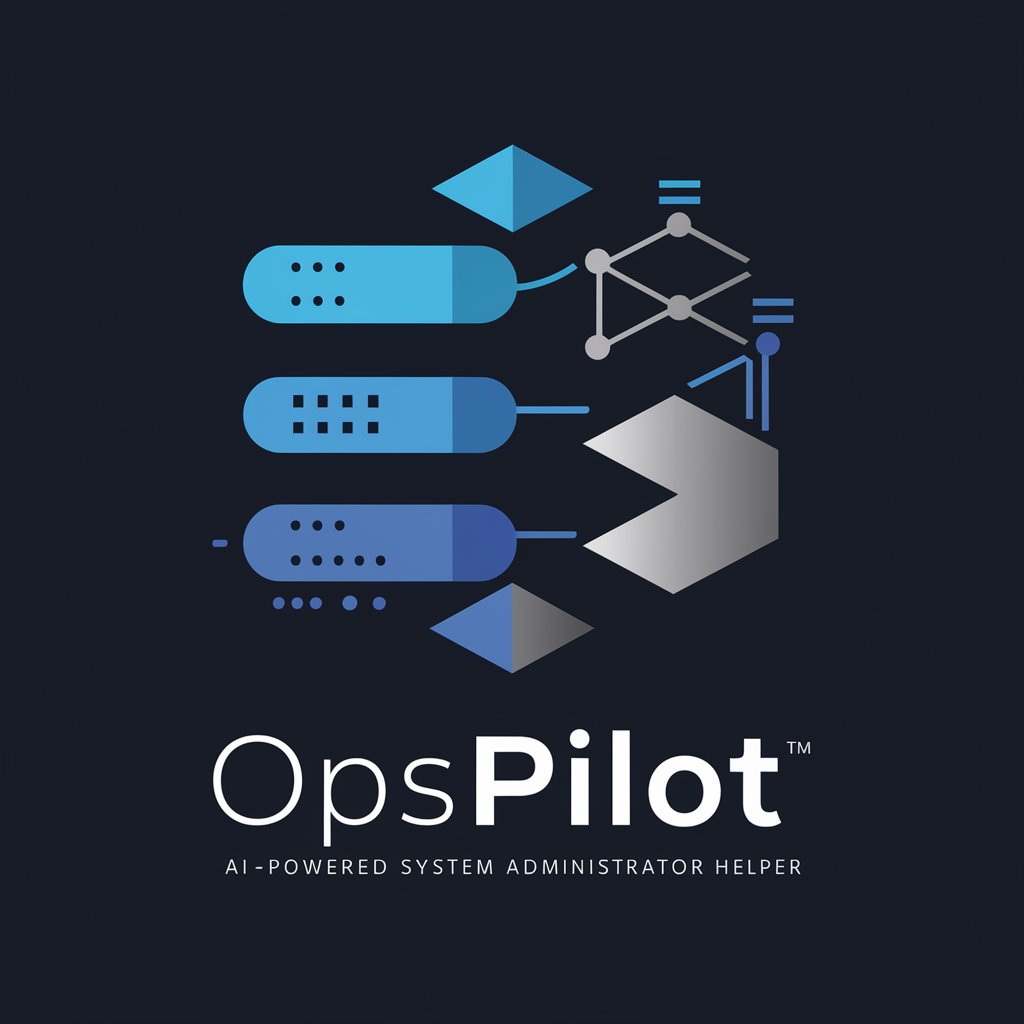
OPER-D - Versatile Competency Tool
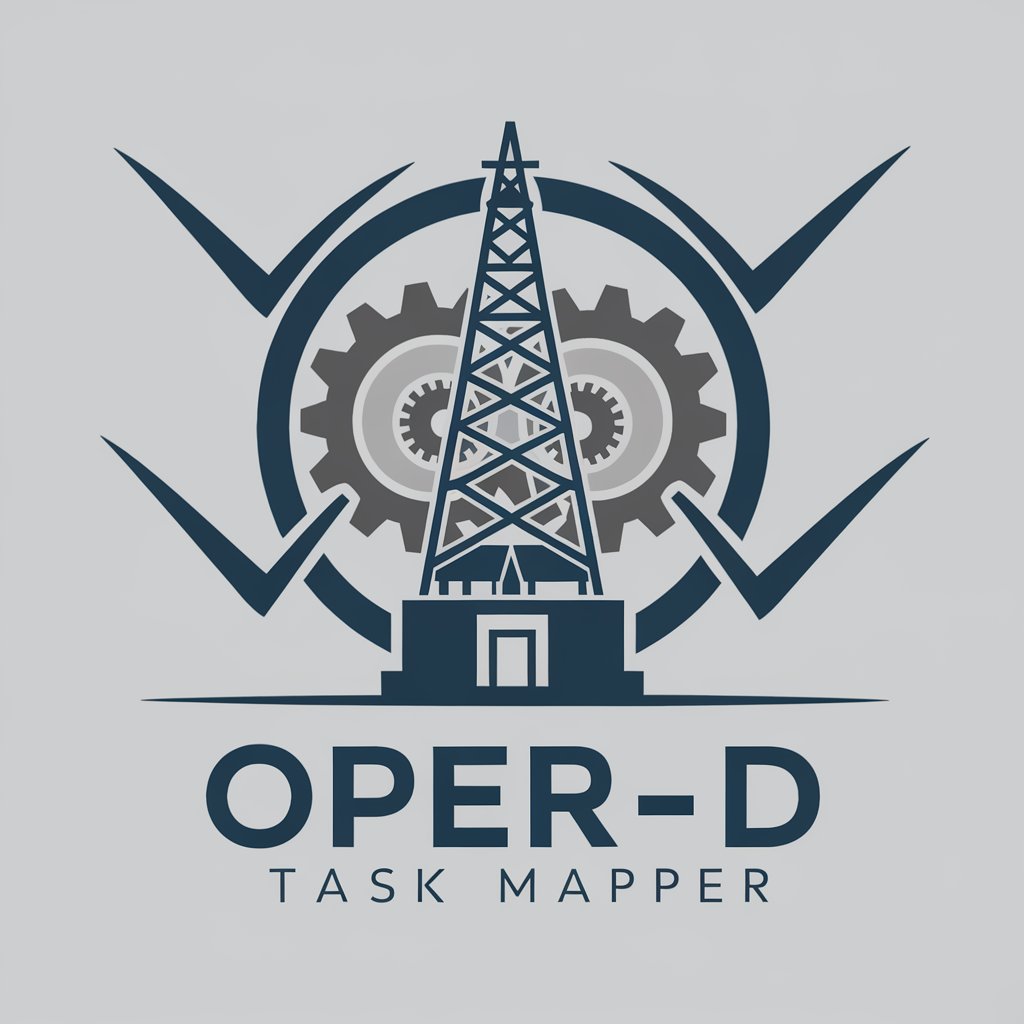
Welcome to OPER-D Task Mapper!
Empowering Competency with AI
Assign tasks based on OPER-D competency requirements for a drilling engineer.
What are the critical competencies needed for a safety officer in the oil and gas sector?
How should we evaluate the operational knowledge of a pipeline operator?
What specific tasks should be assigned to a production supervisor to ensure competency?
Get Embed Code
Overview of OPER-D
OPER-D, standing for Operational Performance Enhancement Routine - Division, is designed to enhance and assure competency in the oil and gas industry. It is structured around the OPER-D WORKFORCE DOORS document, which outlines a systematic approach to task and competency assessment through four critical stages, referred to as doors. These doors ensure a comprehensive understanding and verification of an individual’s skills and knowledge, covering operations fundamentals, operational asset knowledge, asset operational requirements, and the application of procedures in practical contexts. This approach is critical in maintaining safety and efficiency in the high-stakes environments of oil and gas operations. For example, in assessing the competency of a pipeline operator, OPER-D would guide through the necessary theoretical knowledge, hands-on experience with specific pipeline systems, understanding regulatory requirements, and demonstrating proficiency in emergency procedures. Powered by ChatGPT-4o。

Core Functions of OPER-D
Competency Assurance
Example
Ensuring that a drilling supervisor is fully competent in handling high-pressure drilling operations
Scenario
OPER-D would assess the supervisor through simulations and practical tests on specific drilling equipment, review their understanding of safety regulations, and evaluate their ability to apply emergency procedures under pressure.
Training Needs Analysis
Example
Identifying gaps in the skills of a new offshore installation manager
Scenario
OPER-D analyzes the manager’s current competencies against the industry standards detailed in the doors, suggesting targeted training programs to cover deficiencies in managing emergency evacuations or understanding of the environmental impacts of offshore operations.
Compliance Tracking
Example
Monitoring adherence to international safety standards in oil extraction processes
Scenario
OPER-D facilitates regular reviews and audits to ensure that operational practices comply with global safety standards and local regulations, integrating updates into training modules and competency assessments.
Target Users of OPER-D
Field Operators
Operators on oil rigs, refineries, and pipelines benefit from OPER-D by obtaining clear guidelines on safety procedures and operational standards, crucial for maintaining safety and efficiency on-site.
Management and Supervisory Staff
This group uses OPER-D to ensure their teams are up-to-date with the latest operational protocols and safety measures, enhancing decision-making capabilities and regulatory compliance.
Training and Development Professionals
They leverage OPER-D to design, update, and implement training programs that are directly aligned with real-world needs and compliance requirements of the oil and gas industry.

Guidelines for Using OPER-D
Initiate Trial
Visit yeschat.ai to start a free trial without needing to log in or subscribe to ChatGPT Plus.
Familiarize with Documentation
Review the OPER-D WORKFORCE DOORS documentation thoroughly to understand the four doors necessary for competency assurance.
Implement Training
Integrate OPER-D into training programs by simulating task assignments for various roles, using the information from the documentation to guide content.
Conduct Assessments
Utilize OPER-D to assess competency by tracking completion and understanding of all four doors across your team or organization.
Gather Feedback
Regularly collect feedback from users to improve the implementation and effectiveness of OPER-D in operational training and assessments.
Try other advanced and practical GPTs
Hoops Companion
Stay ahead in the game with AI-driven NBA insights.

LA Lakers Fan Artist
Craft Your Lakers Legacy, AI-Enhanced

LNP GPT
Powering lipid nanoparticle innovation with AI

Cooking Hacks
Culinary Creativity, AI-Powered

Pediatric PE Explorer
Unveiling Pediatric PE Insights with AI

Pulmonary Rehabilitation Guidance
Empowering pulmonary care with AI
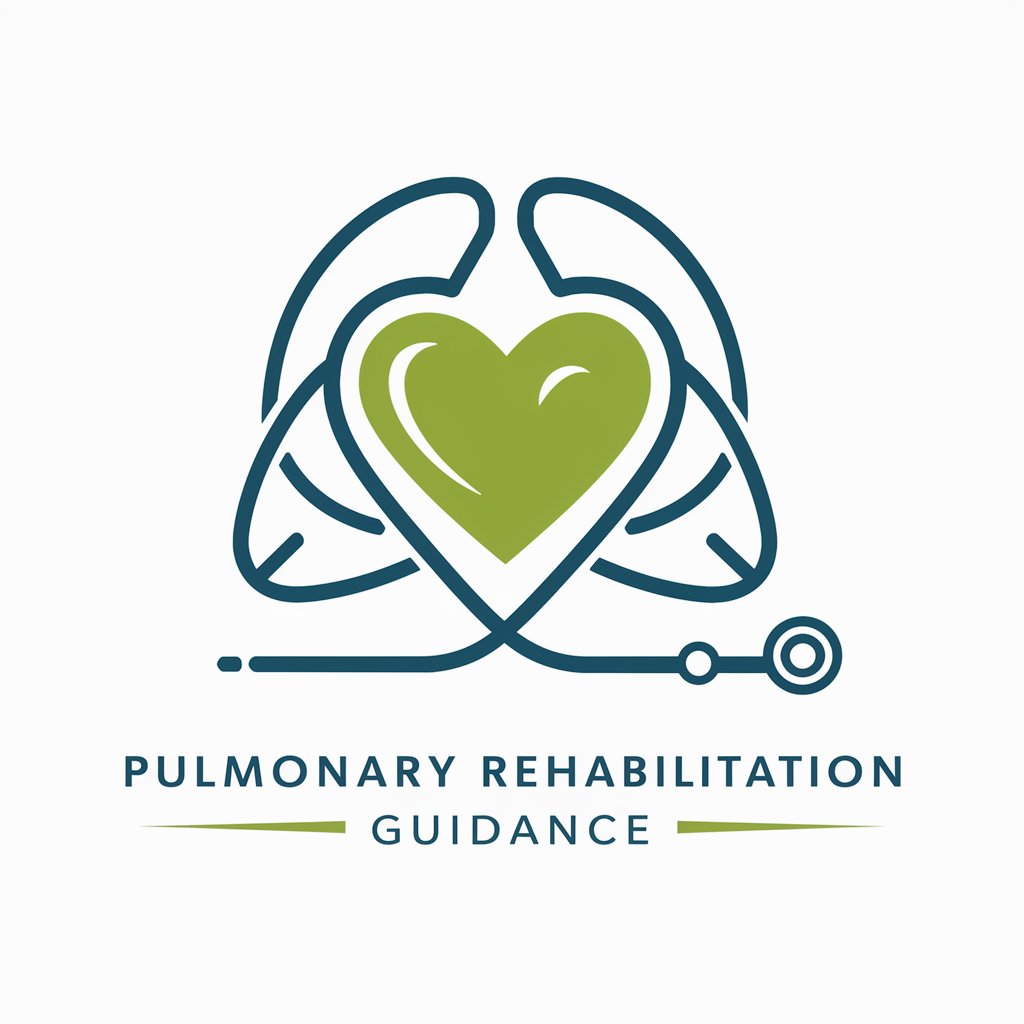
Electro Tutor
Master Electronics with AI-Powered Guidance

Electro Buddy
Empower Your Creativity with AI

Electro Mate
Powering Marine Engineers with AI

Electro Tutor
Powering Engineering Minds with AI

Electro Helper
AI-Powered Electrical Engineering Aid

Electro Wizard
Power Your Studies with AI

Frequently Asked Questions About OPER-D
What is the purpose of the four doors in OPER-D?
The four doors in OPER-D are designed to ensure comprehensive competency in the oil and gas industry, covering operations fundamentals, operational asset knowledge, asset operational requirements, and the application of procedures.
How can OPER-D improve workforce training?
OPER-D can streamline and target workforce training by providing structured guidelines and assessments that focus on critical competencies required in the oil and gas sector.
Is OPER-D suitable for small operations?
Yes, OPER-D can be adapted for both large and small operations, offering scalable solutions to meet the training and competency assessment needs of any size organization.
Can OPER-D be customized for different operational roles?
Yes, OPER-D is versatile and can be customized to address specific roles within the industry by adjusting the emphasis on different doors based on job requirements.
What are the prerequisites for implementing OPER-D?
Implementing OPER-D effectively requires access to the detailed WORKFORCE DOORS documentation, a commitment to thorough training, and the capacity to monitor and evaluate competency across multiple dimensions.
